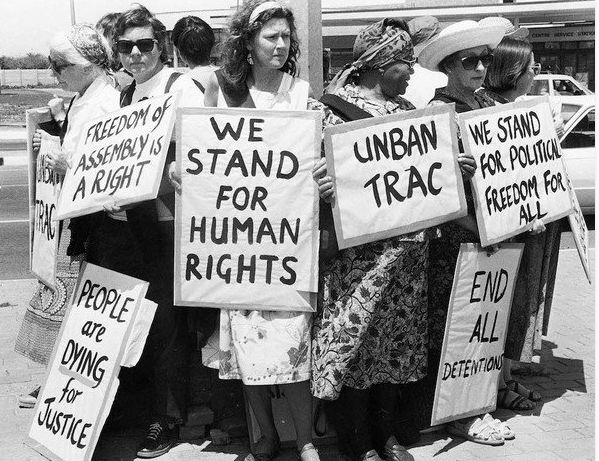How did International Women’s Day start to be celebrated worldwide and become a pioneer for women’s rights?
On March 8, 1857, in New York, USA, 40,000 women workers went on strike demanding better social and economic conditions. After police intervention, 129 workers were locked inside the factory and lost their lives in a fire that broke out. This fire in 1857 is considered the first spark of the women’s rights movement that would spread worldwide. Starting from 1909, events such as the first “Women’s Day” and “Women’s Day Conference” organized by socialist parties led to its recognition by the United Nations in 1975, until then it was celebrated by countries embracing communism and socialism worldwide. In Turkey, the first official recognition of women’s rights is considered to have emerged with the granting of suffrage rights between 1930-1934.
Why is the recognition of International Women’s Day important?
When assuming societal roles, gender factors can play a role in one’s outlook on life, and regardless of which ideology a country adopts, the improvement of social welfare begins with individuals recognizing their rights, which is a fundamental element.
How do women’s rights fare in the workplace?
Today, regarding the visibility of women’s rights in the workplace, in Turkey; women can/cannot use leave according to physiological differences. While maternity leave seems to prevent the potential for a “hazardous situation for health” and is seen as the exercise of the right to “care” in bringing a new individual into the world, technically, “menstrual leave” is observed to be used according to initiative as it directly indicates the ability or inability to work. Whether women have concerns about the perspective that may arise when requesting this leave is a research topic.
So, how does menstrual leave practice unfold worldwide?
According to Ayumi Taniguchi, founder of the “Everyone’s Period” community in Japan, mentioned in a BBC News Turkish article dated May 18, 2022, “Women, especially in male-dominated workplaces, struggle to talk about their periods. Since most companies do not provide paid menstrual leave, many women opt to use their paid annual leave instead of utilizing these legal rights.” However, in countries like Indonesia and Spain the issue is still considered as taboo. The government’s legal requirement to use menstrual leave by just sending an email even in situations where it should be sufficient is leading to discussions of “gender equality” among male employees working in the same workplace. In the UK, leave is applied in cases of dysmenorrhea (severe pain).
In summary, the expression of the value of March 8 should be concluded with the words of Mustafa Kemal Atatürk: “A society is composed of two sexes, male and female, and a society can’t achieve progress as long as one of these sexes is held back and left behind.”
Resources:
https://www.bbc.com/turkce/haberler-dunya-61477302
https://siyasetdergisi.com.tr/8-mart-dunya-kadinlar-gunu/
http://www.basin-is.org.tr/dunya-emekci-kadinlar-gunu-tarihcesi,2,2,172

